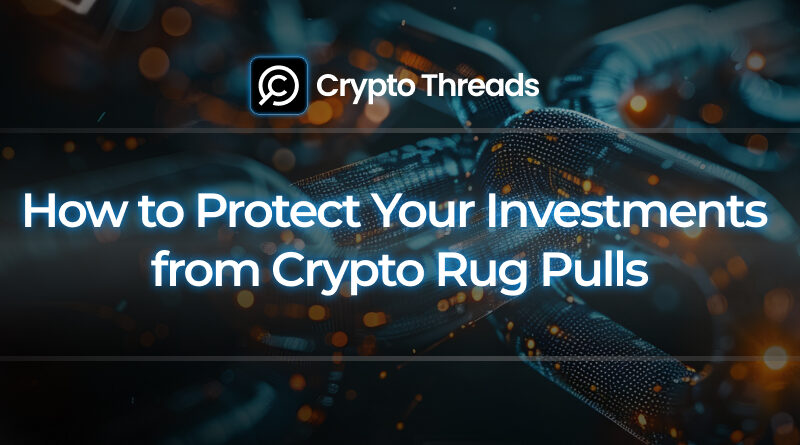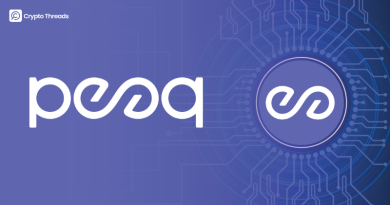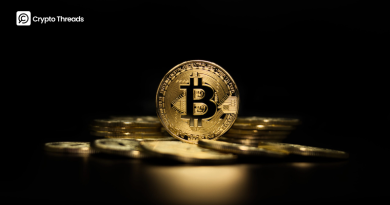How to Protect Your Investments from Crypto Rug Pulls

What Is a Crypto Rug Pull?
A rug pull is a type of exit scam where a team raises funds from investors and the public by selling a cryptocurrency token, only to abandon the project and disappear with the funds. This leaves investors with worthless tokens and significant financial losses.
Rug pulls can be highly orchestrated, often involving social media influencers and hype-generating campaigns to attract unsuspecting participants. Scammers may even use trusted figures in the crypto space or promise unrealistically high returns and exclusive rewards, as seen in non-fungible token (NFT) rug pulls.
These schemes often entice victims with sudden spikes in a token’s value. Once the price peaks, the scammers sell off their holdings, making substantial profits and leaving investors with steep losses.
Types of Rug Pulls
Rug pulls are typically classified as hard or soft:
Common rug pull methods include:
How to Identify and Avoid Rug Pulls
To protect yourself from rug pulls and avoid significant financial losses, prioritize due diligence. Here are essential steps to identify and steer clear of these scams:
Biggest Crypto Rug Pulls in History
The crypto industry has seen significant losses from scams, with an estimated $25 billion lost to cryptocurrency and NFT fraud so far. In 2021 alone, rug pulls accounted for over $2.8 billion in losses, and more than 280 rug pulls occurred in 2022.
Here are some of the most infamous rug pulls:
Understanding the different types of rug pulls and recognizing warning signs can help investors avoid falling victim to these fraudulent schemes.
Are Rug Pulls Illegal?
The legality of rug pulls varies due to inconsistent regulation across jurisdictions. In the U.S., regulatory oversight is unclear. For instance, the Securities and Exchange Commission (SEC) does not classify Bitcoin as a security but has sued Ripple Labs for selling its XRP token, leading to ongoing debates about how cryptocurrencies should be classified.
The SEC uses the Howey Test to define a security: it applies to an “investment contract” where there is an expectation of profit derived from the efforts of others. While hard rug pulls—where developers steal funds outright—are typically illegal, soft rug pulls, though unethical, may not always violate laws. These scams often unfold over years, making enforcement challenging.
Some states are taking steps to combat crypto fraud. For example, New York has proposed penalizing developers who hold more than 10% of a token supply and sell more than 10% of it within five years after the last token sale.
By staying informed, conducting thorough research, and following best practices, investors can reduce the risk of falling victim to crypto rug pulls.



